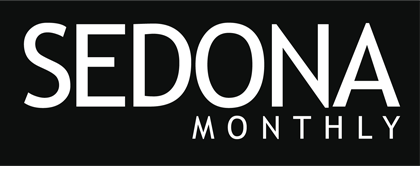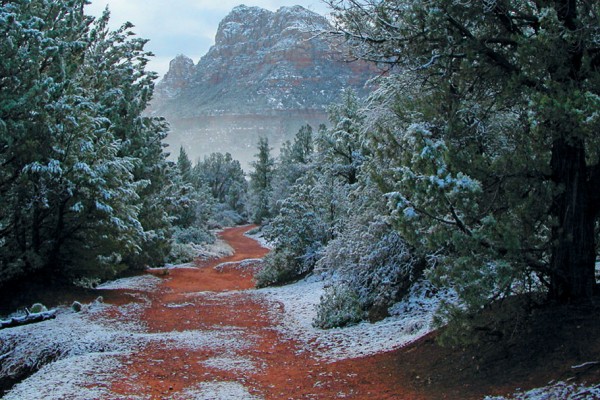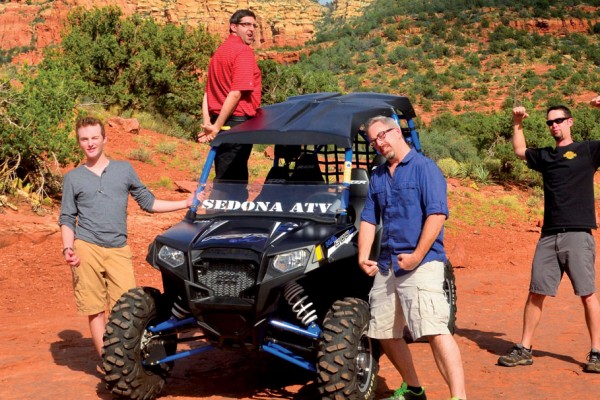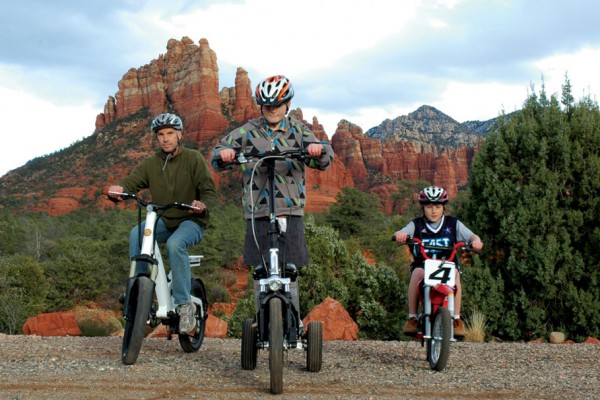Continued (page 2 of 3)
Did you have experience as a journalist before you interviewed Bono? I realize he wasn’t as in demand in 1993 as now, but what was it like to interview arguably the biggest rock star of your generation?
No, he was my very first interview [laughs]. It was exciting. I was intimidated, but I wasn’t scared because that wasn’t part of my DNA at that point. I just didn’t want to screw it up. To me, a lot of people in Bosnia were depending on it, even though they really weren’t. In my mind, they were depending on it. In their minds, they were trying to stay alive. I felt that weight. In terms of Bono, I liked him from the first moment. He was open and funny and trying to be self-deprecating. He was trying to find his footing, too. The best part of the initial conversation was when he interviewed me. He thought I was Bosnian, and when he realized I was American, he wanted to know how I got backstage. I told him the story, and the Irish in him liked that gamble.
In Italy, you experienced your first taste of the celebrity lifestyle. What was that like given your living conditions in Sarajevo?
I couldn’t handle it. I had two reactions. One, I wanted to burn the place down. Two, I wanted to steal all the food and all the booze, and get it back to Sarajevo. Then I wanted to yell at everybody. I had this kind of short fuse. I told myself to calm down. There’re multiple worlds going on all the time. That’s life. And the U2 camp is filled with kind, generous people. The visuals were very strange. You had Pearl Jam in the pool and models in the pool. What a weird world! It was unbelievable that this was happening. And that was when we had a very intense conversation about [U2] coming to Sarajevo. But we couldn’t have them come. First, Sarajevans would gather and get killed. Even if it were underground, they would gather outside to get in. The secondary problem was the airport. It didn’t matter if they were U2. The airport would close for weeks at a time, and no one was getting out. So we reversed the idea and used their big TVs instead. It was complicated, but we did it.
Is it safe to say the broadcasts from Sarajevo changed the course of your life?
Not that I knew it at the time, but yes. If I hadn’t gotten involved with U2, I don’t know if the film [Miss Sarajevo] would have been made. Obviously I wouldn’t have gotten involved in all these other things. But I try to tell people that what happened wasn’t chance or luck. At some point in your life, a door is going to open. It will remain open if you have something to take through it. If you have nothing to take through it besides wanting to go through, it’s going to close on you. If I had gone to that party as a reporter and hadn’t been driven by something bigger, that would have been it. That wasn’t my focus. My focus was to stop my friends from dying. If they could help me do that, I was going to ride that train to the edge of the earth. That’s why U2 responded to me. They recognized a burning passion.
Do you get tired of answering questions about something that happened 20 years ago?
I don’t get tired of people asking legitimate questions, but I do get tired of people who seem interested in my work but just want to get a hold of Bono. I don’t do that. That was established many years ago.
What is your favorite memory from your time with U2?
I have a lot of memories [laughs]. I went to Bono’s house in the south of France for a week. That was fantastic. I just hung out with Bono and his wife and kids, and Edge and his family. Yes, they live in this historic mansion, but it was also incredibly normal – swimming, hanging out. It’s a different life, but there’s a normal side. We forget these are just people, but at the same time, I’ve met other people in the business, and I don’t want to go to their house. U2 are very grounded. They are superstars, but they still know who humans are. They are very humble.
Are you still in contact with the band?
Oh yeah. We talk. The easiest way to talk to them is when they are on tour. My wife and I go to three or four shows during a tour, and we catch up. They support everything I do.
What brought you to Arizona?
It’s a U2 story! I’d been to Arizona. I was transfixed with the desert. I was on a tour with the Miss Sarajevo song, and I was flying to the biggest radio stations. At the end of it, I was in LA, and it was assumed I lived in LA. But I hadn’t lived anywhere for years. The woman interviewing me asked where I was going, and I said Tucson. I had met a friend who told me about a band there and about Bisbee, and I decided to check it out. So I met the band Giant Sand, which morphed into Calexico, and I stayed four years. Then I spent 10 years in Bisbee. I left Tucson because I was very close to the musicians. I have a strange relationship with musicians. I love what they do, and we always have good friendships, but you can get drawn into their world and it’s not my world. I don’t want to be on the road everyday. I don’t think in music. I feel in music, so I can make documentaries and photograph, but I’m not a day-to-day musician. I went to Bisbee because I wanted to write a book, and I couldn’t do it with all the distractions. I moved in 1999. I met my wife in Bisbee at a poker game. We bought a house. As much as we’re renegades, we did the extremely traditional thing: got married, bought a house, had kids – two daughters.



